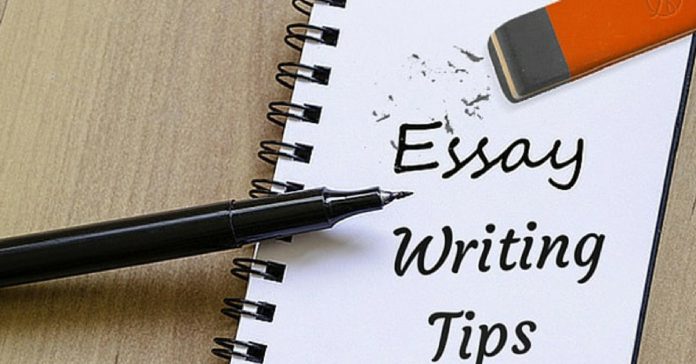
Writing a strong essay is no piece of cake. There are students who struggle with those through their whole study and never get to the point of actually enjoying the process. However, there is a way you can do that. You can always be sure to land good marks and avoid tons of stress by learning certain tips and tricks that make essay writing much easier. You can start mastering the craft of academic writing by making sure you avoid the following mistakes.
Doing Poor Research
The secret of writing an A-level essay lies in presenting a piece of work that took time and effort to prepare. A good essay requires in-depth research and analysis of credible and relevant sources that help make a statement and take a side when presenting a particular argument. Poor research can undermine the quality of your essay, no matter how good a writer you are. If the gist is wishy-washy, no amount of writing skills will make a paper good. Poor research means insufficient and unreliable data, coming from questionable sources that cannot be trusted. In academia, such sources include websites and blogs where people make subjective claims based on their own experiences, the yellow press, various social media platforms and channels, and other sources that mean to drive traffic rather than establish their authority reliability.
Presenting Synopsis Instead of Analysis
One of the most common mistakes students make when writing essays is demonstrating how well they understood the gist of the sources they worked with. In other words, they present a synopsis of the book they read or the article they worked with instead of its analysis. By doing so, they do not use credible empirical data to support the arguments they make in their paper. In rare cases and mostly in secondary or high school, students might indeed get a task to write a synopsis of a specific piece of writing. However, such assignments are too low-profile and can hardly be useful for college-level students. Instead of checking whether the student read the book and understood it, professors expect to see the lessons students got out of reading the book. They want to see the insights students found and how they use them to form their arguments and prove a point.
Not Developing a Strong Thesis Statement
Coming up with a thesis statement might sound like a simple thing. It is merely one sentence in the paper. But it is important not to underestimate it. Most of the time, educators grade the thesis statement separately. The latter is the key to your essay and can give the professor a clear message about the quality of the piece in general. In fact, some professors don’t even bother reading the whole paper if they see the thesis statement is too weak or broad. You can refer to examples of strong thesis statements provided by professional academic writers from DoMyEssay. With the help of their guides, students can learn what a thesis statement is and how to write one that makes a good start for the whole paper.
Being Careless with Formatting
Formatting impacts how well your paper reads. Naturally, there are many factors that contribute to that, but formatting impacts the visual side of it. If you have redundant spaces and problems with font sizes, this can reduce your final score. However, formatting is not only about that. It is also about the way you cite your sources and mention them in your bibliography. Luckily, there is a clear set of rules for each citation style, be it APA, MLA, Harvard, and Chicago. All you need to do is to follow a single formatting type and look up all the rules that make it. Purdue Owl has been recognized as one of the most reliable sources on the matter. They update information every time there are some changes in the citation styles. There is also a chance that your higher education institution will provide its own formatting guidelines. If that happens, be sure to follow your professor’s instructions.
Plagiarising Information
Plagiarising information in your essay or paper is a severe issue. Such a mistake can “help” a student fail the assignment and the whole course. It can also get them expelled from their institution. Most higher education institutions have special programs or use online tools that detect plagiarism. If there is the silliest way to get expelled from an institution, this must be it. To avoid such a problem, make sure that all the content you create is 100% unique. Should you cite any external sources, make sure to do proper references to clarify that you are incorporating the information to make a point, not to steal someone else’s idea.

